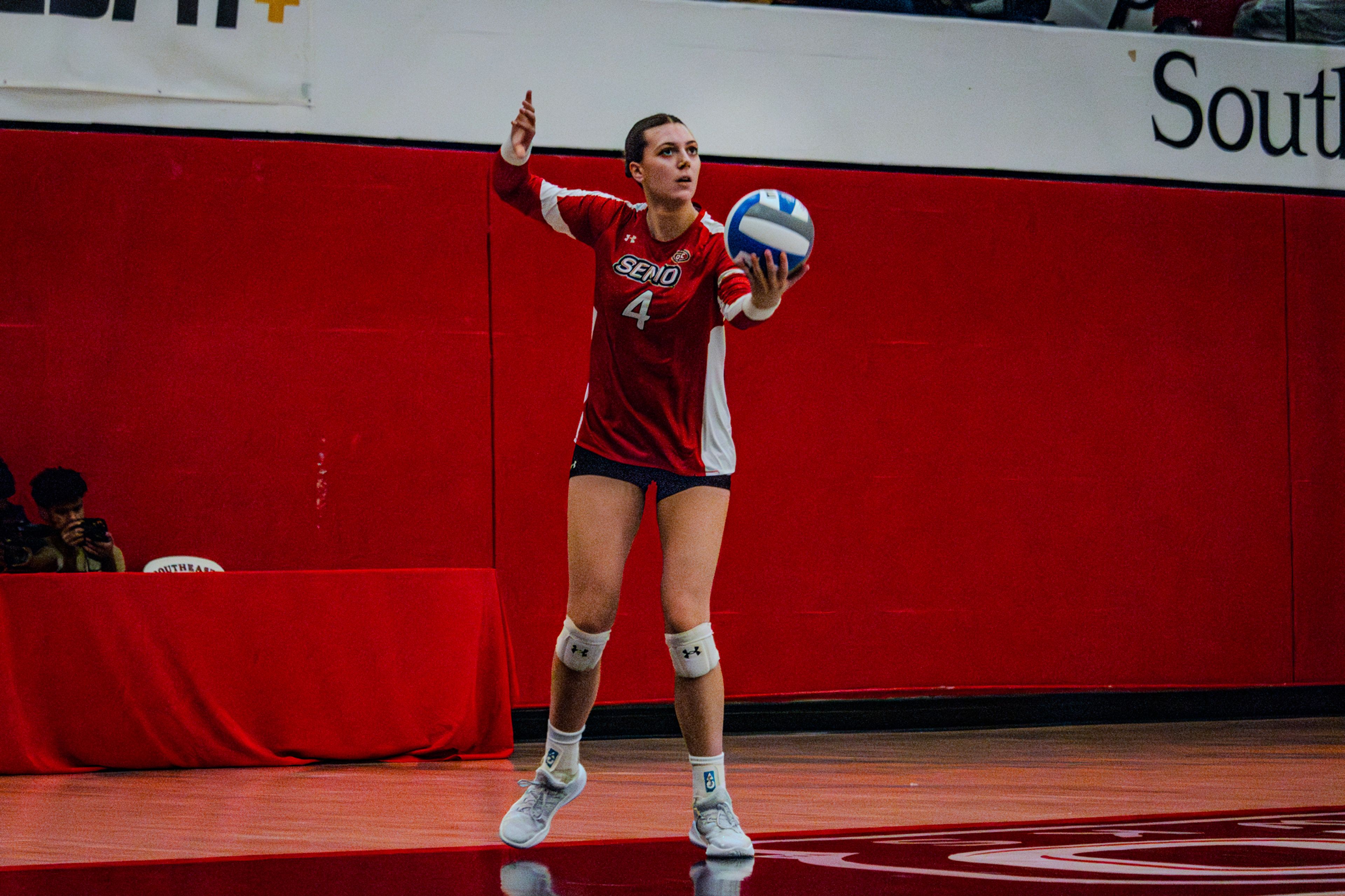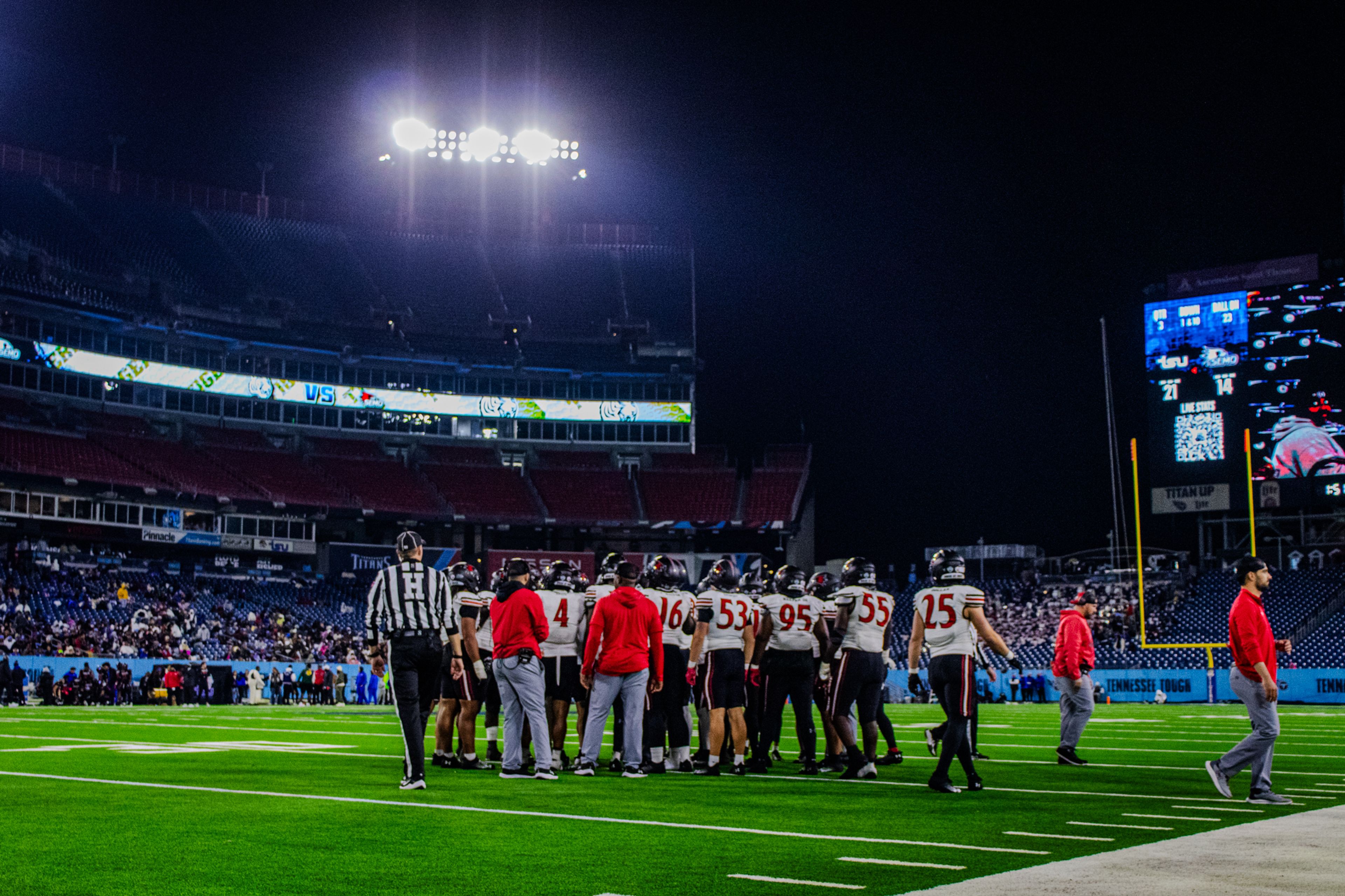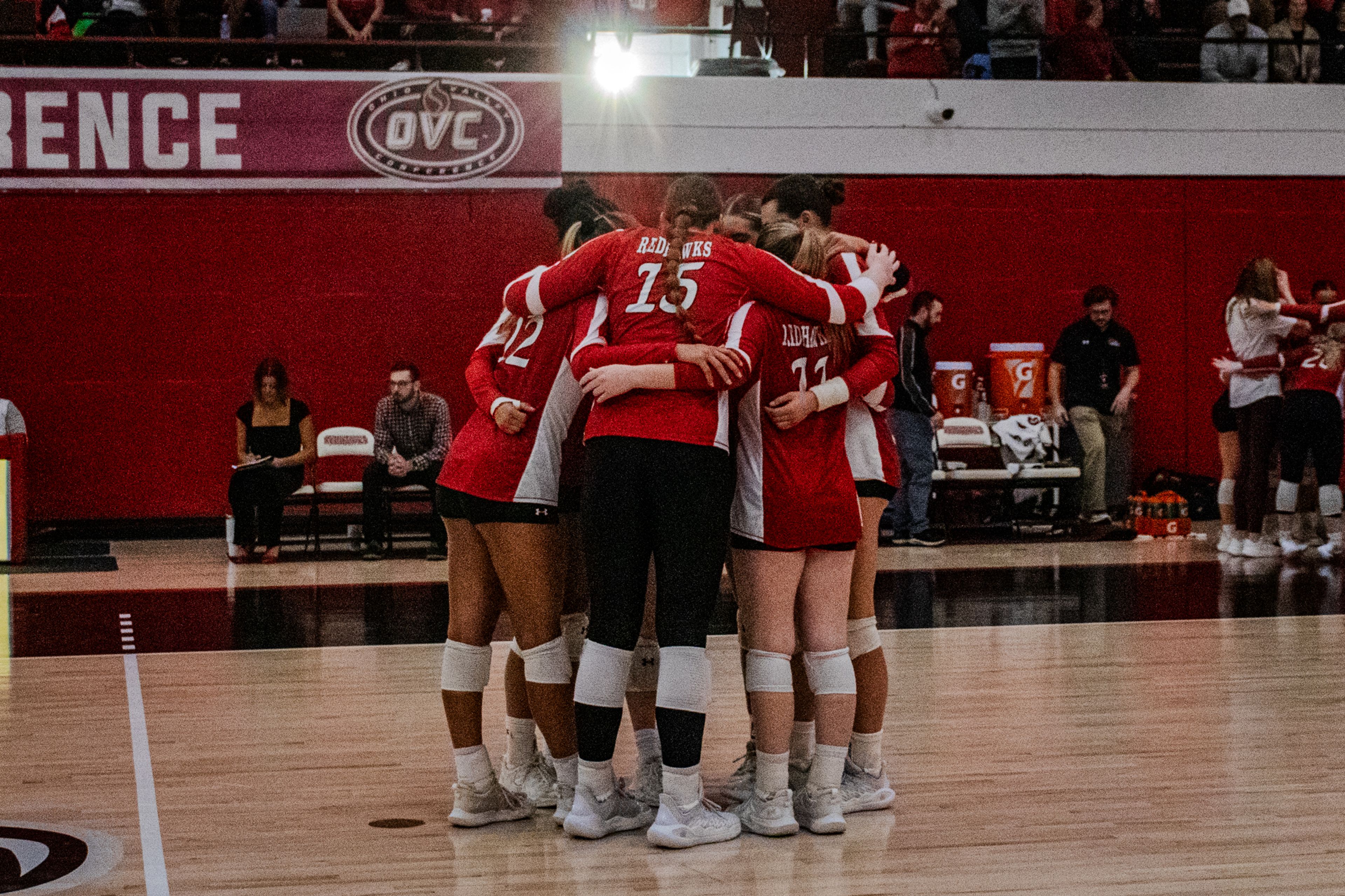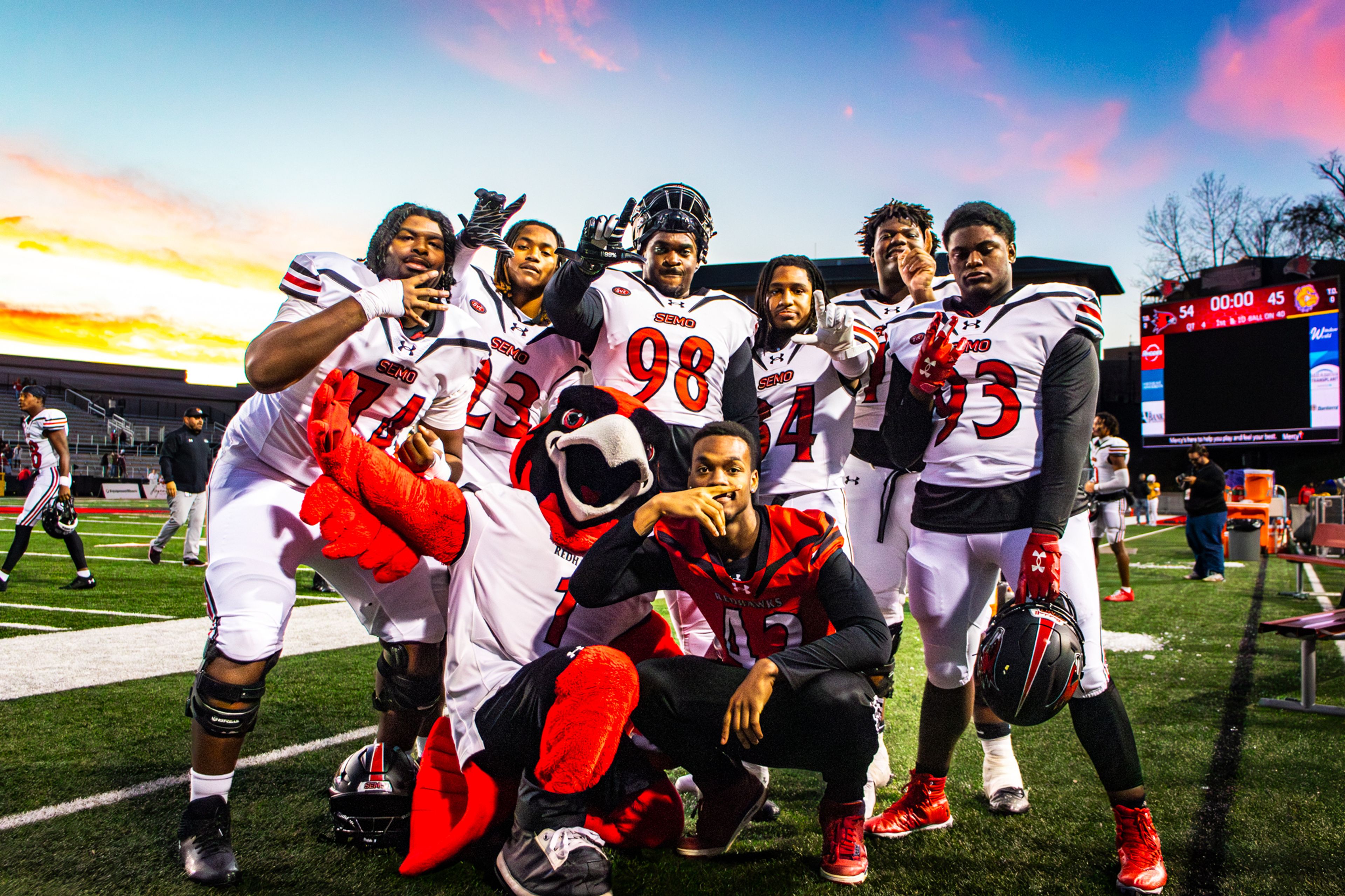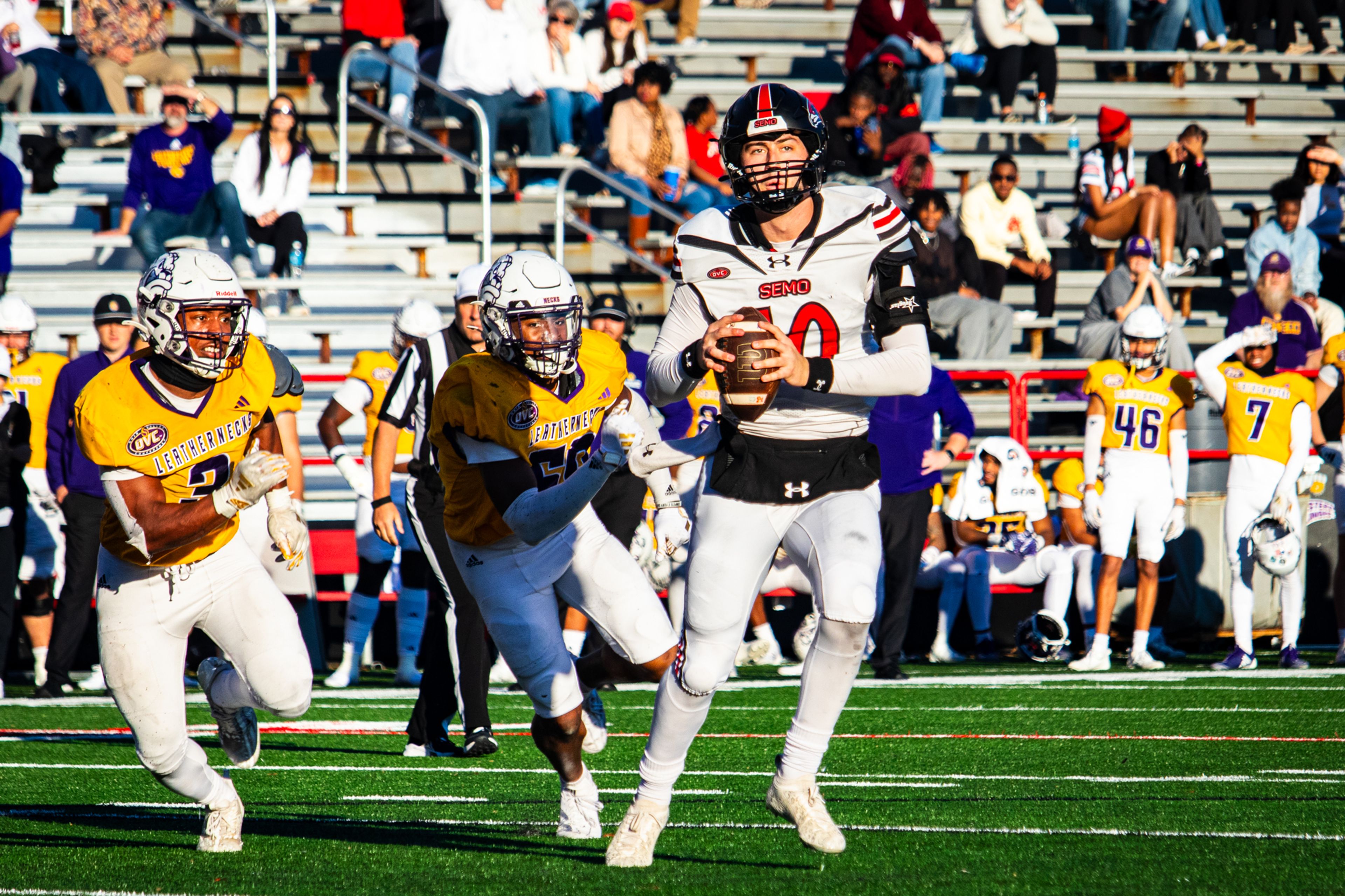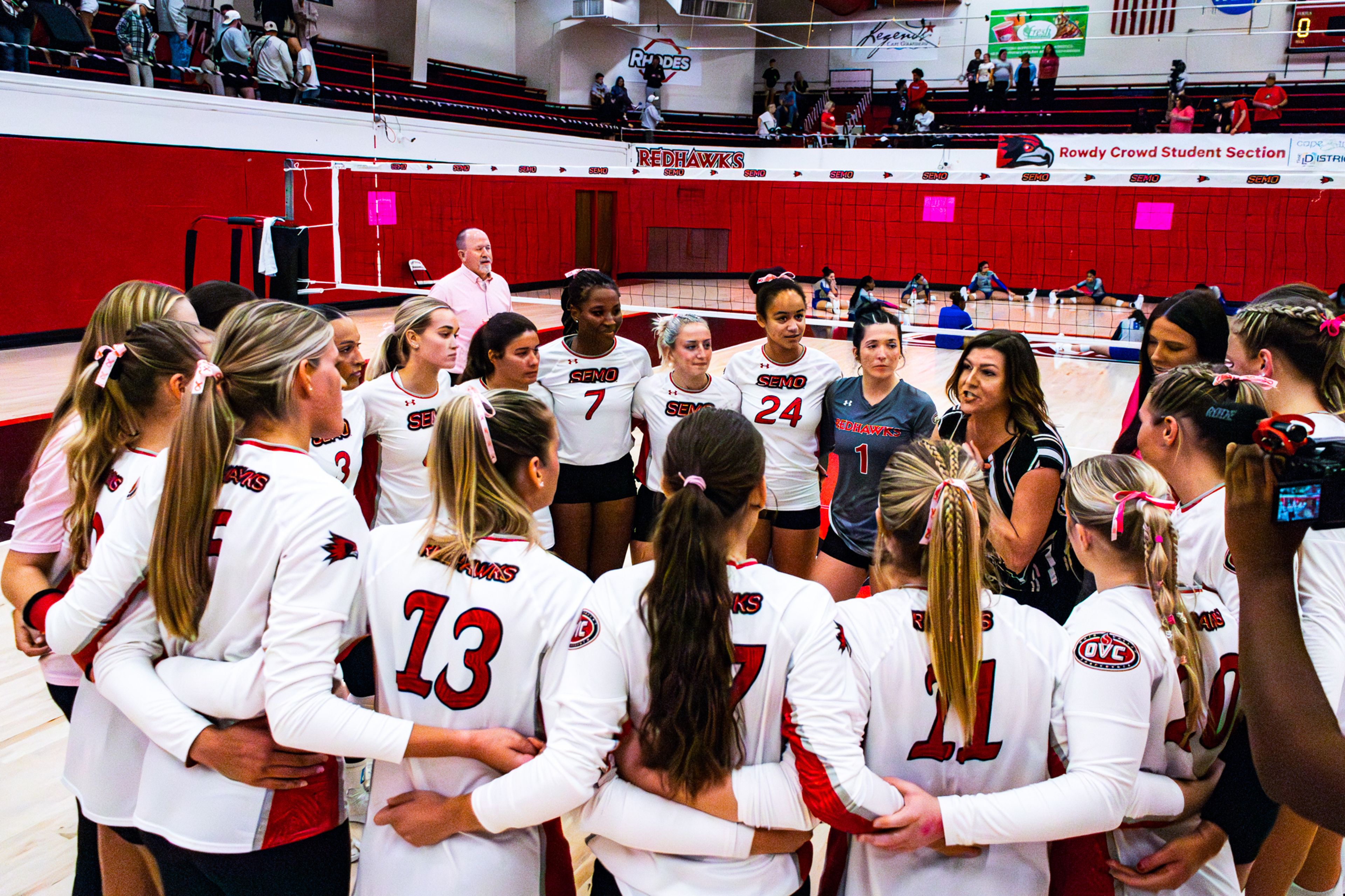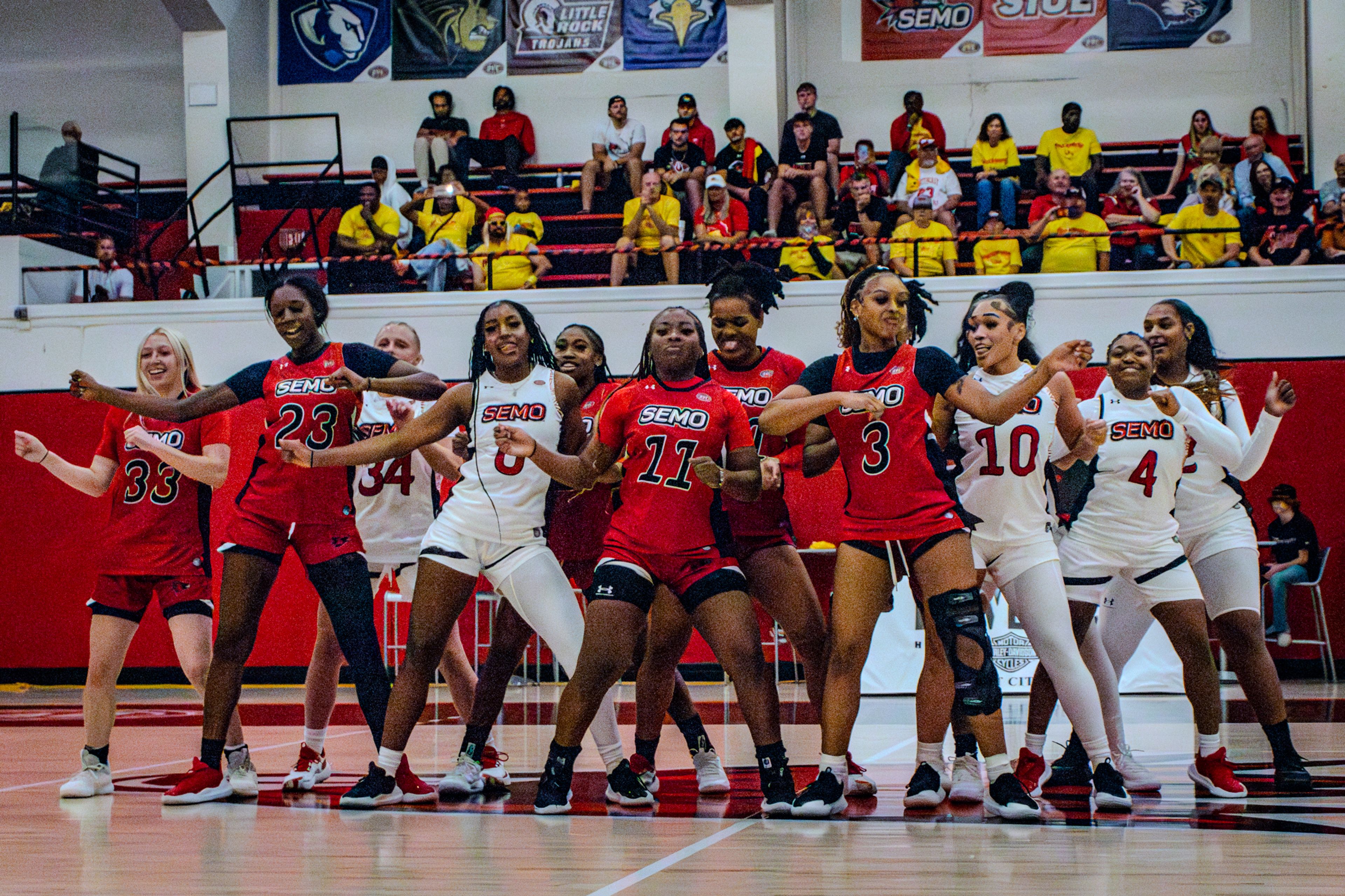Sports management professor helped sell MLB history-making baseballs
Now a art-time professor at Southeast Missouri State University, Barnes works full-time as a sports and entertainment agent.
Michael Barnes' career received a major boost with a bit of luck and an unexpected phone call. Now a part-time professor at Southeast Missouri State University, Barnes works full-time as a sports and entertainment agent.
In 1998, history was being made in Major League Baseball. St. Louis Cardinals slugger Mark McGwire and the Chicago Cubs' Sammy Sosa were chasing Roger Maris' record 61 home run mark, a record that had stood for 37 years. McGwire hit his record-breaking 62nd home run first, in a game against Sosa's Cubs on Sept. 8, 1998. McGwire finished the season with 70 homers, while Sosa hit 66 home runs.
During the 1998 baseball season, Barnes was an agent representing local artists in St. Louis. Barnes dealt with auction houses and private dealers that took artist's work and sold it.

"At the time, the most expensive baseball in history that had been sold was $120,000," said Barnes, whose business is based in St. Louis. "We sold the 70th ball for $3 million, breaking that record by 15 times. That's actually what landed me a lot of work after that, in the licensing field."
Barnes received a phone call from the man that had caught McGwire's 63rd homerun ball.
"The man that caught number 63 had actually read a piece on me locally representing artists in a local paper, the Suburban Journals, that I dealt with auction houses, private dealers," Barnes said. "Then it kind of stuck in his head when he caught the baseball, that 'I was getting called by auction houses, I'm getting called by these dealers.'"
Barnes said that people would call people who had caught the historic home run balls offering $25,000 cash in exchange for the baseballs. That's when the other people that caught McGwire's 64th, 66th, 67th, 68th, 69th and 70th home run balls saw that Barnes was representing the man that caught home run No. 63 and decided to hire him to represent them as well. Barnes also represented the people that caught Sosa's 64th and 66th home run balls.
"The feeling was, even though we each may benefit from the sale of our own baseball, we are kind of tied at the hip because if just one of us does that, it kills the market for what we thought the balls were worth," Barnes said. "None of us felt that it would be $3 million."
The baseballs were auctioned off at Madison Square Garden in January 1999. Thanks to the sale of the baseballs, Barnes' career received a major boost. He now has clients that are MLB players, Olympic athletes, X-Games athletes, authors and artists. He also represents the top female dog-sledder and one of the best video game players in the world.
Barnes didn't originally plan to become an agent.
After he graduated from the University of Missouri with degrees in history and economics, he took a job at American Express as an account representative dealing in bankruptcy. After working there for two and a half years, he realized that he didn't want to do this the rest of his life, so he went to St. Louis University's law school.
After getting his law degree, he started his own firm representing fine artists.
"I had a couple friends of friends who wanted to use me," Barnes said. "So it was a good way to get started. I worked with my firm for two years. It was bought by a company going public, which bought out a lot of companies that went public, companies that primarily worked in the art space."
At that point, a family friend was able to help Barnes out.
"I had a referral from a family member for an athlete and that was sort of my start there," Barnes said. "I still, now going on 20 years, represent artists, but that was the time that I started looking at athletes, too."
Barnes then started another firm. This was the firm he was at when he handled the auction of McGwire and Sosa's home run balls. He merged that firm last year with Anders CPA, an accounting firm located in St. Louis.
Barnes runs the niche, or practice, area of the firm for sports, arts and entertainment with his two partners, Doug Mueller and Lori Ripplemeyer. Between the three, they have 120 clients, while Barnes deals with around 45 clients.
Barnes said that he acts mostly as an agent for the clients at his firm, while Mueller and Ripplemeyer do more of the financial work.
"I represent them for their marketing deals, their autographs, their book deals, licensing so forth. My partners handle more commonly what we call their business manager," Barnes said. "They do their taxes, they handle a lot of their financials, the back office stuff. So we offer a one-stop shop for our clients."
Dillon Saffle, Barnes' intern, said he didn't really know what to expect when he started interning for Barnes.
"Most people's perception about sports agents is that it's all about athletes' commissions and contracts, stuff like that," Saffle said. "I fell into that, that's what I thought it was, and I got here, and a lot of what he does is not necessarily babysits, but constantly finds new ideas for revenue for his clients."
Communication between his clients is different, Barnes said. He usually keeps up with a client at least once a week, and it might not even be over the phone.
"It's kind of funny when you look at our clients," Barnes said. "The older clients, it's usually they pick up the phone and call us. The clients that are maybe in their 30s, they'll do an email and the younger clients, it's text. It's generational how they communicate."
In his spare time, Barnes is a professor at Southeast in the sports management department. Barnes originally came to Southeast to speak to Dr. Beth Easter's Legal Aspects of Sport and Physical Activity class. He enjoyed it, and Easter then offered him a chance to teach that same course during a spring semester due to faculty turnover.
"Teaching, this forces me to keep up [to] speed," Barnes said. "I think it's that old saying 'You have to know what you teach.' So much of what I've done now, for having done it for 20 years, I take it for granted."
Barnes now teaches the class once every semester, and it meets one day a week. His commute is only an hour and 10 minute drive from his house in Jefferson County. He's had an opportunity to teach at SLU, but due to scheduling conflicts it works out better teaching at Southeast.
Barnes thinks that the biggest question facing future sports management majors who want to become sports agents is whether or not they need to go to law school.
"The first question I asked Mike was 'How much of your law degree do you use?" Saffle said. "And he said around 5 percent for contracts. Is $120,000 worth 5 percent of what you're going to be doing?"
Although Barnes doesn't know whether a law degree will be a requirement down the road, he does recommend getting as much internship experience as possible.
"Maybe one summer you intern with the Cardinals," Barnes said. "Another you intern with an agent. Another you intern with a licensing company because I really think it helps to have some experience at each of those levels."
Barnes was a part owner of the River City Rage, an indoor football team, for two and a half years.
"It was literally like getting your MBA because I never would have learned what I learned trying to run a team," Barnes said. "There's just no way to experience it in a book or read about it or whatever. You have to live it."
Saffle is a senior and has decided against going to law school.
"In 20 years he's built his portfolio so big," Saffle said. "I mean if you take three years out of that, you could miss the McGwire balls."

